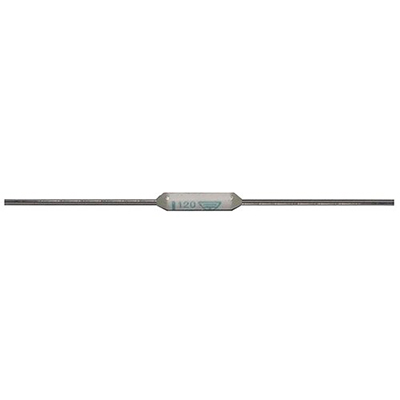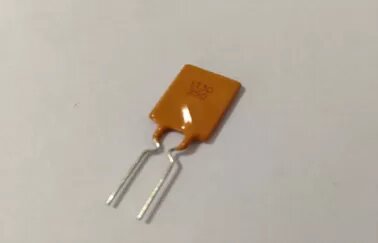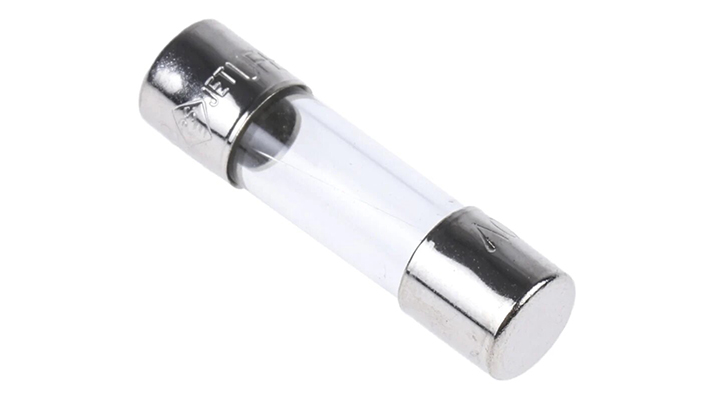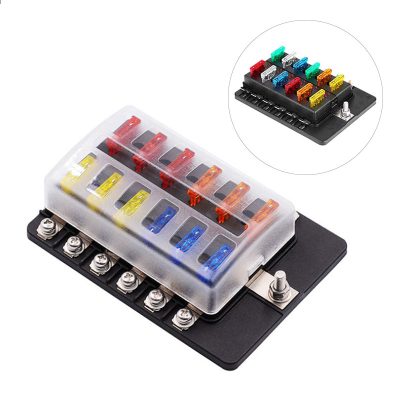Key Characteristics and Uses of Automotive Current Fuses in 12V Systems
News 2025-10-24
Automotive current fuses are essential components in 12V electrical systems, designed to safeguard vehicles from electrical faults. These devices interrupt the circuit when excessive current flows, preventing damage to wiring, components, and potential fire hazards. In modern vehicles, fuses play a critical role in maintaining system integrity, especially with the increasing complexity of electrical architectures. Understanding their function helps in ensuring reliable performance and longevity of automotive electronics.

Varieties of Fuses in Automotive Applications
Fuses come in several types tailored to automotive needs, including blade fuses, which are compact and easy to replace, and glass tube fuses for older systems. Blade fuses dominate due to their standardized sizes and color-coded ratings, allowing quick identification of amperage. Other variants, like maxi and mini fuses, offer varying current capacities and physical robustness, making them suitable for different vehicle models. Selecting the appropriate type depends on factors such as space constraints and environmental exposure, ensuring optimal protection in diverse setups.
Performance Advantages of 12V System Fuses
These fuses excel in rapid response times, melting almost instantly when current exceeds safe limits, which minimizes damage. Their high breaking capacity handles short circuits effectively, while materials like ceramic or metal enhance durability against vibrations and temperature fluctuations common in vehicles. Low resistance ensures minimal voltage drop, preserving efficiency in electrical systems. Such attributes contribute to enhanced safety and reliability, making fuses a cost-effective solution for protecting critical components like sensors and actuators.
Practical Applications in Automotive Environments
In 12V systems, fuses protect circuits for lighting, audio systems, and engine controls, preventing failures in high-demand scenarios. For instance, they safeguard headlights from overloads during poor weather, or audio units from power surges. In electric vehicles, fuses are vital for battery management systems, isolating faults to avoid cascading issues. Their integration into fuse boxes allows easy access for maintenance, supporting technicians in diagnosing and resolving electrical problems efficiently.
Frequently Asked Questions
1、What role do fuses play in protecting 12V automotive systems?
They break the circuit during overcurrent events to prevent wire melting and component failure.
2、How should one choose the correct fuse rating for a circuit?
By matching the fuse rating to the circuit’s normal operating current, with a small margin for safety.
3、Are there signs that indicate a fuse needs replacement?
Yes, a blown fuse often shows a broken element or discoloration, and it should be inspected after electrical issues arise.


